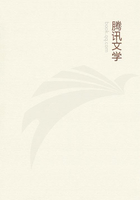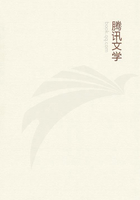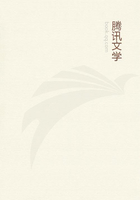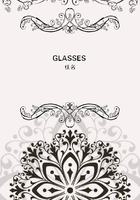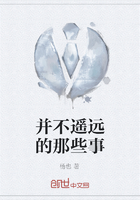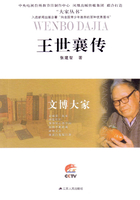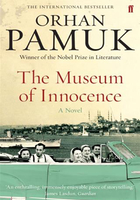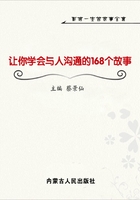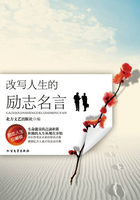The first notice on this subject is due to a very celebrated teacher in Perugia, Gentilis of Foligno, who, on the 18th of June, 1348, fell a sacrifice to the plague, in the faithful discharge of his duty.Attached to Arabian doctrines, and to the universally respected Galen, he, in common with all his contemporaries, believed in a putrid corruption of the blood in the lungs and in the heart, which was occasioned by the pestilential atmosphere, and was forthwith communicated to the whole body.He thought, therefore, that everything depended upon a sufficient purification of the air, by means of large blazing fires of odoriferous wood, in the vicinity of the healthy as well as of the sick, and also upon an appropriate manner of living, so that the putridity might not overpower the diseased.In conformity with notions derived from the ancients, he depended upon bleeding and purging, at the commencement of the attack, for the purpose of purification;ordered the healthy to wash themselves frequently with vinegar or wine, to sprinkle their dwellings with vinegar, and to smell often to camphor, or other volatile substances.Hereupon he gave, after the Arabian fashion, detailed rules, with an abundance of different medicines, of whose healing powers wonderful things were believed.He had little stress upon super-lunar influences, so far as respected the malady itself; on which account, he did not enter into the great controversies of the astrologers, but always kept in view, as an object of medical attention, the corruption of the blood in the lungs and heart.He believed in a progressive infection from country to country, according to the notions of the present day; and the contagious power of the disease, even in the vicinity of those affected by plague, was, in his opinion, beyond all doubt.On this point intelligent contemporaries were all agreed; and, in truth, it required no great genius to be convinced of so palpable a fact.Besides, correct notions of contagion have descended from remote antiquity, and were maintained unchanged in the fourteenth century.So far back as the age of Plato a knowledge of the contagious power of malignant inflammations of the eye, of which also no physician of the Middle Ages entertained a doubt, was general among the people; yet in modern times surgeons have filled volumes with partial controversies on this subject.The whole language of antiquity has adapted itself to the notions of the people respecting the contagion of pestilential diseases; and their terms were, beyond comparison, more expressive than those in use among the moderns.
Arrangements for the protection of the healthy against contagious diseases, the necessity of which is shown from these notions, were regarded by the ancients as useful; and by man, whose circumstances permitted it, were carried into effect in their houses.Even a total separation of the sick from the healthy, that indispensable means of protection against infection by contact, was proposed by physicians of the second century after Christ, in order to check the spreading of leprosy.But it was decidedly opposed, because, as it was alleged, the healing art ought not to be guilty of such harshness.This mildness of the ancients, in whose manner of thinking inhumanity was so often and so undisguisedly conspicuous, might excite surprise if it were anything more than apparent.The true ground of the neglect of public protection against pestilential diseases lay in the general notion and constitution of human society--it lay in the disregard of human life, of which the great nations of antiquity have given proofs in every page of their history.Let it not be supposed that they wanted knowledge respecting the propagation of contagious diseases.On the contrary, they were as well informed on this subject as the modern; but this was shown where individual property, not where human life, on the grand scale was to be protected.Hence the ancients made a general practice of arresting the progress of murrains among cattle by a separation of the diseased from the healthy.Their herds alone enjoyed that protection which they held it impracticable to extend to human society, because they had no wish to do so.That the governments in the fourteenth century were not yet so far advanced as to put into practice general regulations for checking the plague needs no especial proof.Physicians could, therefore, only advise public purifications of the air by means of large fires, as had often been practised in ancient times; and they were obliged to leave it to individual families either to seek safety in flight, or to shut themselves up in their dwellings, a method which answers in common plagues, but which here afforded no complete security, because such was the fury of the disease when it was at its height, that the atmosphere of whole cities was penetrated by the infection.

